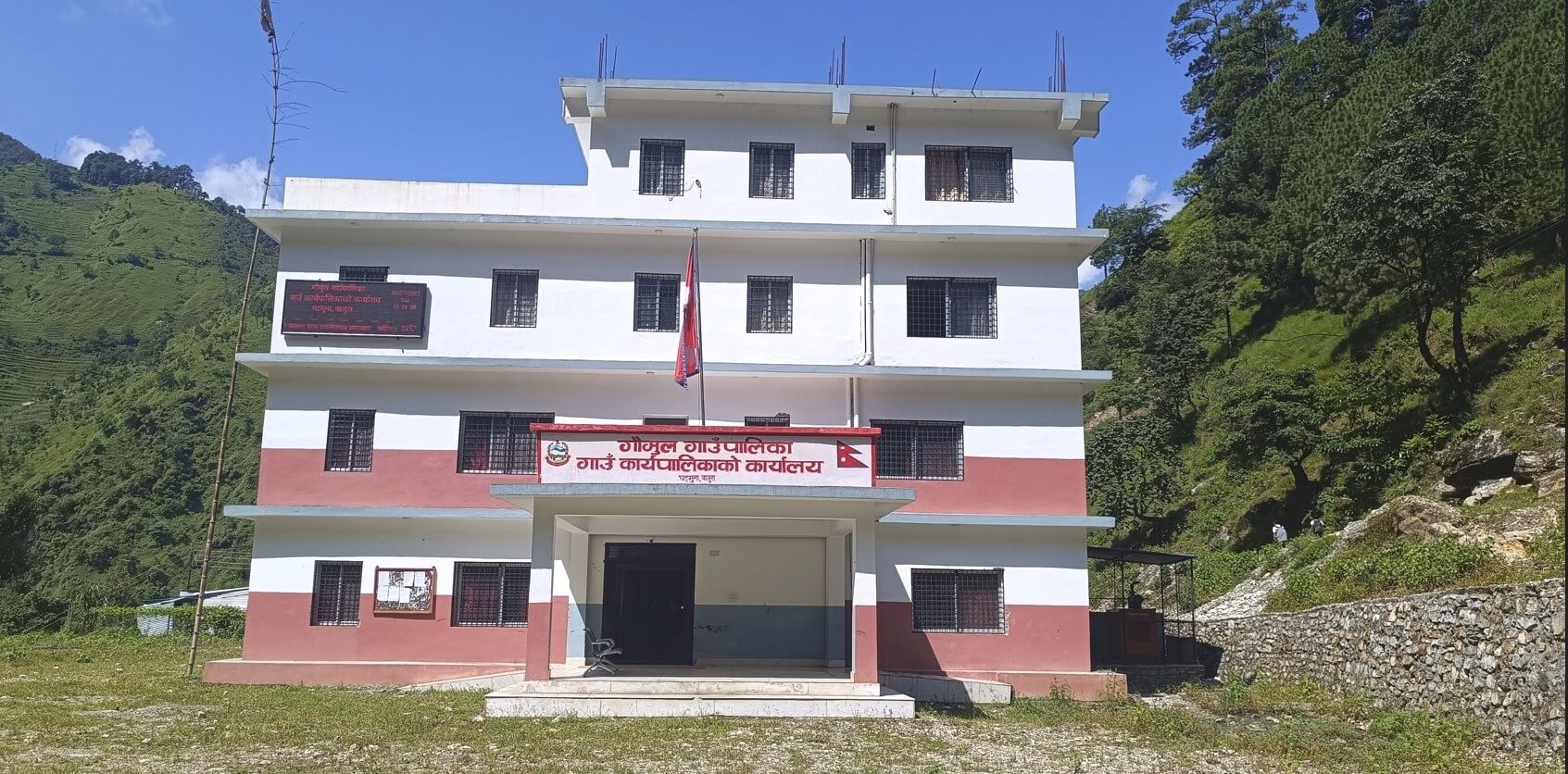
Gaumul Rural Municipality Launches Youth Capacity and Employment Program
To develop youth capacity and create employment opportunities at the local level, Gaumul Rural Municipality has initiated an innovative program.
The municipality is set to launch “Gaumul: Scholarship and Civil Service Classes” as part of its commitment to education.
Scholarship and Civil Service Classes Targeted at Local Students
The municipality has decided to distribute scholarships and conduct civil service preparatory classes specifically targeting students from its area who are currently studying at the Bajura Campus.
Implementation as per Fiscal Year 2082/83 Policy and Program
This program is being implemented in accordance with the policies and programs of the fiscal year 2082/83. It is primarily targeted at students who:
-
Are from economically disadvantaged backgrounds
-
Have demonstrated academic excellence
-
Are permanent residents of the municipality
Vision for Higher Education Competitiveness
According to Chairperson Hari Bahadur Rokaya, “This program has been launched to enable the youth of Gaumul to compete effectively in higher education.”
Topics Covered in Civil Service Preparation Classes
The civil service preparation classes will include the following subjects:
-
Civil service
-
Education service
-
Police service
-
Health service
Initially, the program will include students from the Gaumul region currently studying at the Bajura Campus.
Scholarship Support for Selected Students
Students selected under the scholarship program will receive annual financial assistance covering:
-
Tuition fees
-
Books
-
Notebooks
-
Other educational materials
Belief in Long-Term Impact and Inclusivity
Vice Chairperson Sita Thapa expressed confidence that this program will be a milestone in:
-
Boosting confidence among youth studying outside the village
-
Enhancing their capabilities
-
Helping them succeed in competitive exams
She stated, “This initiative will provide rural students with both opportunities and encouragement, supporting inclusive and equitable access to education.”
Bajura

